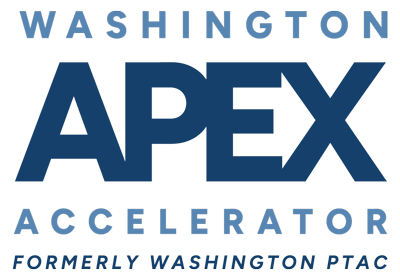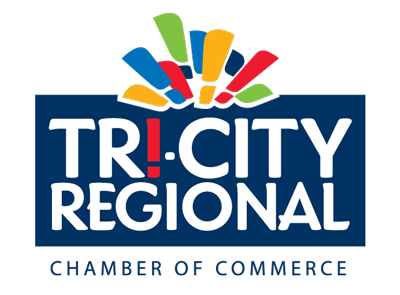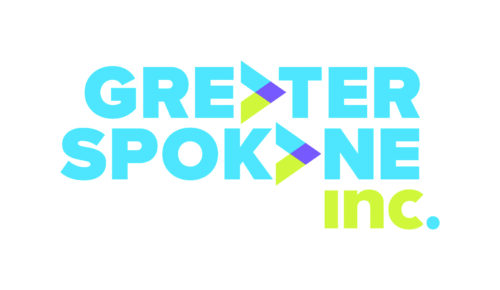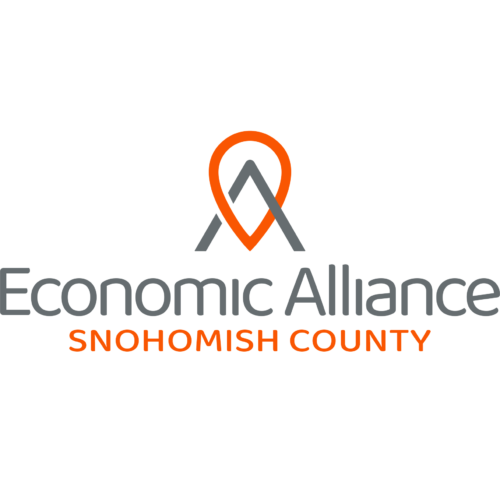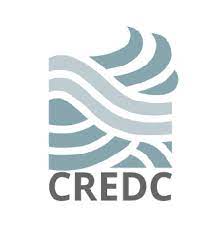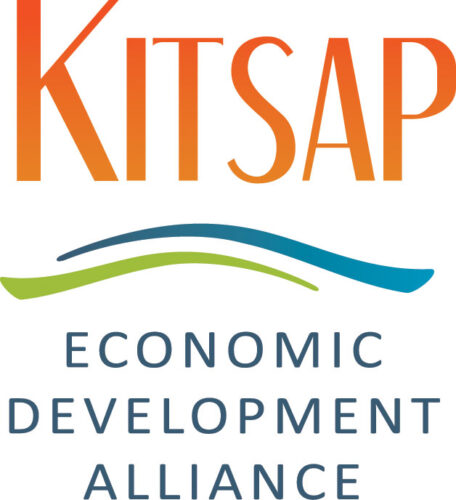On October 2, 2020, the U.S. Small Business Administration (SBA) released a Procedural Notice providing guidance addressed to Paycheck Protection Program (PPP) lenders and SBA employees as to the circumstances under which prior SBA approval is required before a borrower of a PPP loan undergoes a change of ownership.[1] In particular, the October 2, 2020 Procedural Notice includes instructions to PPP lenders on how they may address equity or asset M&A transactions, ownership restructurings, or transfers of ownership interests involving their PPP borrowers. Importantly, the October 2, 2020 Procedural Notice does not clearly address the circumstance of a change of ownership of a PPP borrower resulting from the issuance of additional ownership interests in the PPP borrower.[2]
I. Background
Under the PPP, lenders have the option to use the SBA form of promissory note or their own preferred form. The SBA form promissory note, as well as most lender-specific forms, contain “change of ownership” (rather than “change of control”) default provisions which, if triggered, would permit the PPP lender to immediately accelerate its PPP loan. Prior to the October 2, 2020 Procedural Notice, existing SBA guidance for 7(a) or 504 loans provided that prior SBA approval was required for any change of ownership transaction involving an SBA loan borrower, and that “change of ownership” meant just that, any change of ownership regardless of the percentage. In the absence of any guidance from the SBA with respect to the application of its change of ownership directives to the PPP loan program,[3] PPP lenders have proceeded with caution in responding to requests from PPP borrowers for consent to change of ownership transactions, including declining to provide a requested consent (to avoid a default under the PPP promissory note) unless SBA approval to the change of ownership was first obtained.[4] The October 2, 2020 Procedural Notice provides some clarity by establishing certain procedures and conditions for a PPP borrower to undergo a change of ownership if any portion of its PPP loan remains unpaid and has not been forgiven.
II. Change of Ownership Standard Under the PPP
The October 2, 2020 Procedural Notice provides a safe harbor for transactions involving small (in percentage terms) changes in ownership by stating that a “change of ownership” will be deemed to have occurred only when (i) 20% of the common stock or other ownership interest[5] of a PPP borrower (including a publicly traded entity[6]) is sold or otherwise transferred, whether in one or more transactions, including to an affiliate or an existing owner of the entity, (ii) the PPP borrower sells or otherwise transfers at least 50% of its assets (measured by fair market value), whether in one or more transactions, or (iii) a PPP borrower is merged with or into another entity.[7]
For each change of ownership transaction, the PPP borrower must, before the closing of the transaction, notify the PPP lender in writing and provide the PPP lender with a copy of the “proposed agreement and other documents that would effectuate the proposed transaction”.
III. No Effect on Repaid PPP Loan
The SBA confirms that there are no restrictions on a change of ownership if, prior to the closing of such transaction, either (i) the PPP loan is repaid in full or (ii) forgiveness of the PPP loan has been determined, the SBA has remitted funds to the PPP lender under its guaranty, and the PPP borrower has repaid any unforgiven balance.
IV. Change of Ownership Transactions Where Prior SBA Approval is NOT Required
If a PPP loan is not fully satisfied or repaid at the time of a change of ownership transaction, the October 2, 2020 Procedural Notice states that prior SBA approval will not be required if such transaction qualifies under either of the following two scenarios[8]:
Equity Deals:
(i) The sale or other transfer of 50%[9] or less of the ownership interest in the PPP borrower; or
(ii) The PPP borrower has submitted its completed forgiveness application to its PPP lender and has escrowed with the PPP lender (in an interest-bearing account) funds equal to the outstanding balance of the PPP loan.[10]
Asset Deals:
The PPP borrower has submitted its completed forgiveness application to its PPP lender and has escrowed with the PPP lender (in an interest-bearing account) funds equal to the outstanding balance of the PPP loan.[11]
V. Change of Ownership Transactions Where Prior SBA Approval is Required
If the proposed change of ownership transaction does not satisfy the conditions set forth in Section IV above, then prior SBA approval of the change of ownership is required and the PPP lender “may not unilaterally approve the change of ownership.” To obtain the SBA’s prior approval, the PPP lender must submit to the SBA a request for approval including, (i) the reason that the PPP borrower cannot repay the PPP loan or escrow funds with the PPP lender as described in Section IV above, (ii) the details of the transaction, (iii) a copy of the PPP promissory note, (iv) any letter of intent and the purchase or sale agreement setting forth the responsibilities of the PPP borrower, seller (if different from the PPP borrower), and buyer, (v) disclosure of whether the buyer has an existing PPP loan and, if so, the SBA loan number and (vi) a list of all 20+% owners.
The SBA may condition its approval on additional “risk mitigation measures”. For example, SBA approval of any change of ownership involving the sale of 50% or more of the assets (measured by fair market value) of a PPP borrower will be conditioned on the purchasing entity assuming the PPP loan, including responsibility for compliance with the PPP loan terms. In such cases, the purchase or sale agreement must include “appropriate language regarding the assumption of the PPP borrower’s obligations under the PPP loan by the purchasing person or entity, or a separate assumption agreement must be submitted to the SBA.”
The SBA commits to review and provide its determination within 60 days of receipt of a completed request. This timing is expected to be problematic for certain transactions.[12]
VI. Conditions to all Change of Ownership Transactions
The October 2, 2020 Procedural Notice provides that, whether or not the transaction requires the SBA’s prior approval, in the event of a sale or other transfer of ownership interest in the PPP borrower, or a merger of the PPP borrower with or into another entity, the PPP borrower (and, in the event of a merger of the PPP borrower into another entity, the successor to the PPP borrower) will remain subject to all obligations under the PPP loan. In addition, if the acquiror uses PPP funds for unauthorized purposes, the SBA will have recourse against the acquiror for the unauthorized use.
If the post-acquisition owner(s) or successor to the PPP borrower has a separate PPP loan, then, following consummation of the change of ownership transaction: (i) in the case of a transfer of ownership interests, the PPP borrower and the new owner(s) are responsible for segregating and delineating PPP funds and expenses and providing documentation to demonstrate compliance with PPP requirements by each PPP borrower, and (ii) in the case of a merger, the successor is responsible for segregating and delineating PPP funds and expenses and providing documentation to demonstrate compliance with PPP requirements with respect to both PPP loans.
Lastly, the PPP lender must notify the appropriate SBA Loan Servicing Center, within 5 business days of completion of the transaction, of the (i) identity of the new owner(s) of the ownership interests of the PPP borrower, (ii) the new owner(s)’ ownership percentage(s), (iii) tax identification number(s) for any owner(s) holding 20% or more of the equity in the business and (iv) location of, and the amount of funds in, the escrow account under the control of the PPP lender, if an escrow account is required.
*Things are changing quickly and the measures and interpretations described here may change. Our analysis is necessarily limited by the time sensitivities of the current crisis as well as the absence of precedent for some of what is contained here. This analysis represents our best interpretation and recommendations based on where things currently stand.*
FOOTNOTES
[1] It is unclear as to whether the SBA will publish an Interim Final Rule or update the Frequently Asked Questions fact sheet to expand upon or recognize the October 2, 2020 Procedural Notice.
[2] Because it is commonly understood that the issuance of ownership interests does not constitute a transfer of ownership interests, we believe the phrase “sale or other transfer” used in several places in the October 2, 2020 Procedural Notice appears to limit (even if not so intended) the applicability of the procedural notice to changes of ownership resulting only from the transfer of existing ownership interests of a PPP borrower (which, as expressly stated in the notice, includes a transfer by virtue of a merger). Hence, in the absence of further clarification from the SBA, any change of ownership that would result from an issuance of ownership interests would require SBA approval based on existing SBA guidance applicable to the SBA 7(a) and 504 loan program.
[3] The application of the SBA’s pre-PPP interpretation of “change of ownership” as any change of ownership has proven fitful, if not unworkable, in practice for many PPP borrowers, including those which are publicly traded or are backed by venture capital, private equity or other institutional investors. Change of ownership does not distinguish between (i) a transfer of ownership interests among investors and other equity holders and (ii) the issuance of new ownership interests by a PPP borrower.
[4] PPP borrowers and their PPP lenders seeking SBA prior approval before the borrower consummates its change of ownership transaction have encountered delays in the SBA review and approval process which has affected the timing and ultimate efficacy of certain transactions.
[5] The October 2, 2020 Procedural Notice does not address whether “ownership interests” are intended to be calculated on a fully-diluted basis (by including outstanding options or warrants to purchase capital stock or other direct ownership interests).
[6] Helpfully, for a publicly traded PPP borrower, only sales or other transfers that result in one person or entity holding or owning at least 20% of the borrower’s ownership interests must be aggregated.
[7] One or more transactions means cumulatively since the “date of approval” of the PPP loan.
[8] Note that prior PPP lender approval should still obtained to avoid a default under a PPP promissory note that includes a “change of ownership” or “change of control” default trigger.
[9] In determining whether a sale or other transfer exceeds this 50% threshold, all sales and other transfers occurring since the date of approval of the PPP loan must be aggregated. The SBA’s determination of the 50% threshold for sales or other transfers is based solely on “ownership interest” (i.e., the amount or percentage of equity owned), and does not make reference to contractual control.
[10] Following a final forgiveness determination, the escrowed funds will be disbursed to repay any unforgiven portion of the PPP loan plus accrued interest.
[11] Following a final forgiveness determination, the escrowed funds will be disbursed to repay any unforgiven portion of the PPP loan plus accrued interest.
[12] It is important to note that the October 2, 2020 Procedural Notice fails to address an issue of continuing concern to PPP borrowers and third parties contemplating change ownership transactions with a PPP borrower – What are the remedies and possible sanctions available to a PPP lender or the SBA in the event a PPP borrower consummates its change of ownership transaction without first obtaining SBA approval, if required by this Section V? More specifically, could proceeding without the required SBA approval adversely impact a forgiveness determination, even if the PPP loan proceeds were exhausted prior to the closing of the transaction and even if the PPP borrower’s forgiveness application had been successfully submitted for review and determination or if it had been prepared but the PPP lender had not yet opened its online portal for accepting forgiveness applications?
Syndicated from Sheppard Mullin
